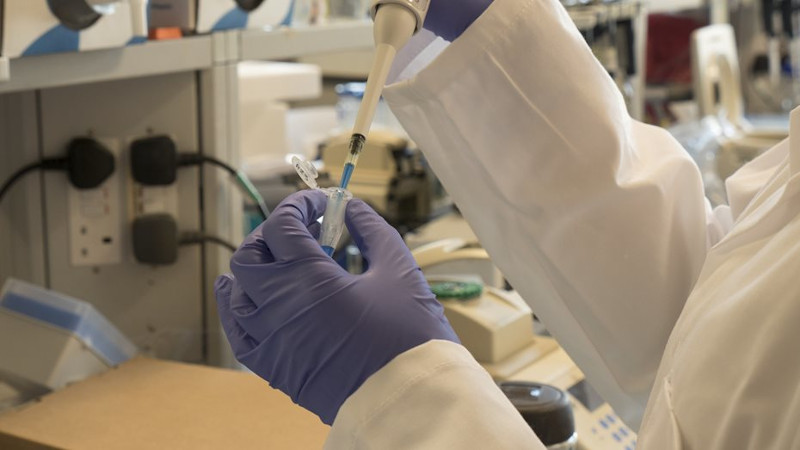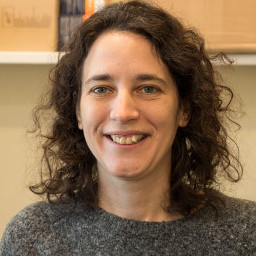Molecular Genetics of Speech and Language
About us
Research in the Newbury lab centres around genetic contributions to speech and language. Our research focuses upon developmental speech and language disorders and the neurogenetic processes underlying speech and language development.
Studies show that developmental language disorders run in families - a brother or sister of someone who has already been diagnosed will have an increased risk of developing the disorder themselves. There are 2 possible situations which may explain this observation:
- something in the family environment causes the language disorder
- developmental language disorders are genetic and are therefore caused (at least in part) by the genes passed on from parents to children.
Although there is strong evidence for the role of a genetic component in language disorder, we do not know which genes contribute to this disorder or how the inheritance of language problems work. In most cases, it is likely that several genes combine to bring about a heightened risk of disorder. This is known as a complex genetic disorder. Working closely with other collaborators active in this field, we aim to identify specific genetic variants that cause this predisposition and to investigate the kinds of biological processes that they take part in.

Research impact

Approximately 10% of children are affected by speech, language or communication impairments at school entry in the UK (Norbury et al., 2016). As a group, these children are less likely to meet educational targets (Norbury et al., 2015) and more likely to display symptoms of social, emotional and behavioural problems when compared to their peers (Norbury et al., 2016).
But yet, we do not know why some children have language difficulties or how these difficulties relate to other aspects of neurodevelopment and behaviour. In our lab, we are trying to identify genetic factors that might play a role in these disorders. We investigate this problem through a mixture of research questions and by studying individuals, families and populations.
This research is important because it will help us to understand why some children have language difficulties and what brain processes are important in language learning. It may allow us to identify new kinds of language disorders and will clarify the relationships between language impairment and other developmental disorders.
Leadership

